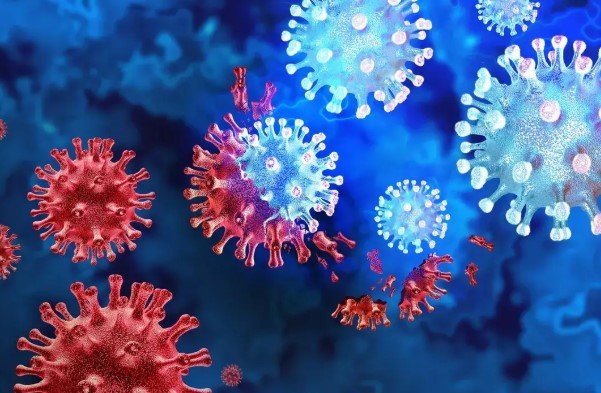Visakhapatnam, May 23, 2025 – A fresh wave of caution has gripped Andhra Pradesh and Telangana as a new COVID-19 case in Visakhapatnam signals potential risks from emerging variants. The Andhra Pradesh Health Department confirmed the state’s first recent case on Thursday, prompting an immediate advisory for residents to reinstate COVID-19 safety protocols, including mask-wearing, social distancing, and regular hand sanitization. While the specific variant in this case remains unidentified, the rapid global spread of the JN.1 sub-variant, a descendant of Omicron, has heightened vigilance across the Telugu states.
In Telangana, no JN.1 cases have been officially reported as of May 21, 2025, but health experts warn of complacency. The state’s proximity to southern neighbors like Kerala and Karnataka, where variant-driven cases have surfaced, underscores the need for robust monitoring. Doctors note that symptoms of current variants mimic seasonal viral infections, appearing mild but potentially deceptive. Telangana’s health authorities are urged to enhance genome surveillance to track mutations, given the state’s history of rapid variant spread during the 2021 Delta wave, when variants like N440K and B.1.617 disproportionately affected younger populations.
The Visakhapatnam case has reignited fears of a wider outbreak, particularly as Andhra Pradesh and Telangana remain key economic and transit hubs. Health officials emphasize that while most recent cases across India are mild, with patients recovering at home, undetected spread remains a critical threat. Limited genomic sequencing data in the region complicates efforts to pinpoint variant characteristics, raising concerns about unchecked transmission. Historical data highlights the Telugu states’ vulnerability, with Andhra Pradesh reporting over 1,000 daily cases at the peak of the second wave, overwhelming healthcare systems.
Authorities are calling for renewed public adherence to COVID-appropriate behavior. “This is not the time to lower our guard,” said a senior health official in Hyderabad. “Masks, vaccination boosters, and avoiding crowded spaces are non-negotiable.” Travelers from high-risk regions face increased scrutiny, with potential for stricter quarantine measures if cases rise. Both states are ramping up testing and monitoring influenza-like illnesses (ILI) and severe acute respiratory infections (SARI) to detect early warning signs.
Residents are urged to stay informed through official channels like covid19.telangana.gov.in and the Andhra Pradesh Health Department. As the situation evolves, proactive measures and public cooperation are vital to prevent a repeat of past outbreaks. Vigilance, not panic, is the need of the hour.


